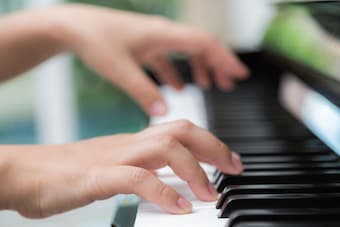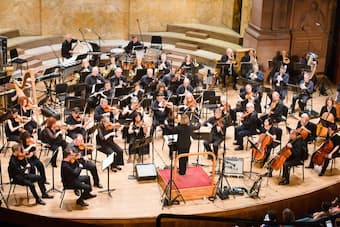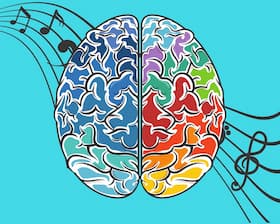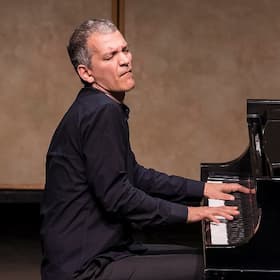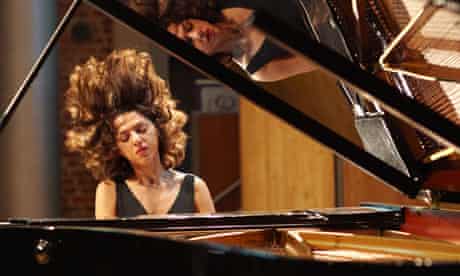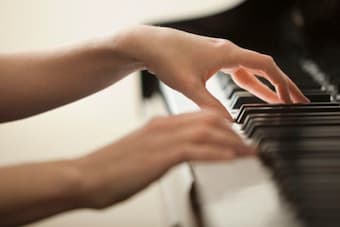In my first article on ‘letting go’ as a musician I explored how we know when it is time to “let go” of a piece of music we have been learning and set it free in a performance setting or
Opinion
In my first article, I discussed how musicians can judge when it’s time to ‘let go’ of a piece of music and decide it is ready for performance or should be put aside for a while. In this second part
Julian Johnson is a lecturer in music at the University of Oxford. In his book, Who needs classical music?, he asks why isn’t classical music popular? He doesn’t answer the question, either because he can’t, or no one can, or
To frame the subject of can music be intelligent, we must first disregard most music that has lyrics or words from the subject. Studies have shown that people who received musical training displayed improved intelligence. But can music by itself
It seems a simple question, doesn’t it? And the simple answer is that music lessons are for learning music / a musical instrument. But learning an instrument, either via formal music lessons or self-teaching, offers so much more. Gustav Holst:
A natural process for the creative artist is to reproduce what he admires. In the case of composers, it translates as composing the music that they heard and enjoyed, or the music that they want to hear. Of course, the
Part Two of this article series was originally going to explore the mindset of musicians with regards to financial support during the Covid-19 pandemic – a call to action for artists to choose innovation and creative thinking over consistent begging
The quote in the title is from celebrated pianist Leon Fleisher, who died in August 2020 at the age of 92. In the many tributes to him, his wisdom and good sense, as a musician and a human being, and

